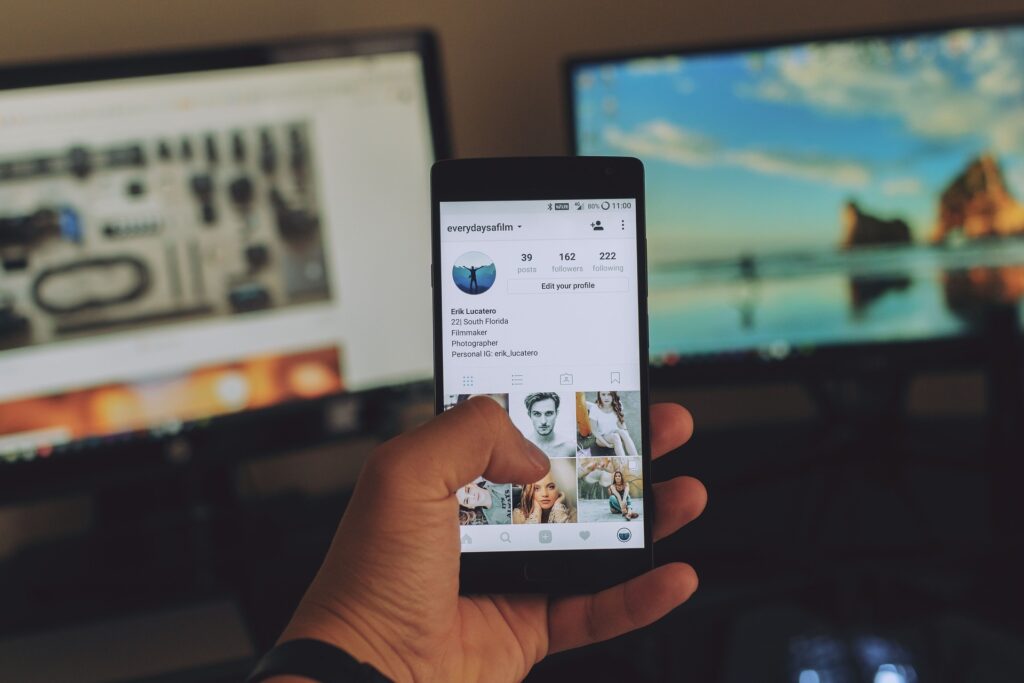Adolescence is a transition period between 11 to 19 years of age during which an individual goes through immense biological and emotional changes. During this phase, adolescents seek autonomy from their parents and form strong bonds with their peers, pulling away from their familial roots, trying to establish their independent social niche.
In the modern times, youth heavily rely on internet-based networking sites for socializing and self-identification. A recent Pew Research Center survey reveals that 97% adolescents use a social media platform and 45% are online almost constantly. YouTube tops teen online landscape followed by TIKTOK, Instagram, Snapchat and Facebook. Research reports that relatively smaller proportion use Twitter, Twitch, WhatsApp, Reddit and Tumblr. The current popularity of social media platforms among youth has made it necessary to study their impact on various aspects of teenagers’ lives. Remember, there are two sides to every coin; likewise social media also has its pros and cons which are as follows:
Pros
- It helps strengthen friendships and provide emotional support.
- Teenagers reported that they feel more included and confident while on social medium.
- It provides space to show creative side.
- It exposes them to greater diversity; broadening their viewpoints and help them get involved with issues they care about.
- A few teens actively use social media to learn about health-related concerns.
Thus, social media is majorly recognized as a tool for networking and connecting among teens.
Cons
- It reduces real-life human interactions with others.
- It puts individuals in a disguised place, such that they feel pressured to post content that makes them look cool or that attracts comments or likes.
- It exposes adolescents to idealized self-presentations that encourage social comparisons which is a downward hill further contributing to the feelings of inadequacy, negative self-evaluation and distorted self-image.
- High levels of social media engagement is associated with sleep problems, fear of missing out (FOMO) and a greater risk of experiencing cyber bullying leading to poorer mental health and sometimes even mantal disorders.
Further, the COVID 19 pandemic and it’s imposed physical distancing measures during this turbulent developmental phase characterized by a high need for peer interaction and independence has augmented challenges on youths’ developing self. Social media have been the saving grace amidst those uncertain times, facilitating communication, providing information while simultaneously influencing, motivating, and engaging individuals on important health issues. But at the same time the increased screen time has exacerbated adverse outcomes.
There is a growing concern among parents, teachers and mental health professionals about the sheer time teens spend on social media. According to a study from Jama Psychiatry, adolescents who spend more than three hours per day on a screen, are at heightened risk of mental health problems. There are signs that can help us identify problematic social media use. Some of them are:
- Excessive concern about social media
- Constant strong drive to use social media
- Negative feelings such as irritability, anxiety when its use is restricted
- Interpersonal problems as a direct result of social media usage
- Returning to excessive social media use after a period of abstinence
Despite its challenging impact, it is unrealistic to expect and ask teens to completely abstain themselves from these platforms but carving out the acceptable avenues of usage is prime. Some of the tips that can help caregivers regulate social media usage are discussed below.
- Having an open conversation about complexities of the digital world.
- Modelling healthy media use — including limiting device media use and phone interruptions.
- Designing age-appropriate digital rules before introducing social media.
- Ensuring proper privacy settings and allow access to safe search engines only.
- Digital monitoring and restricting screen time through apps
- Increasing media free time and avoiding screens two hours before bedtime.
- Co-viewing media and encouraging co-playing.
- Planning more family activities such as physical sports, board games, parent-child discussions etc
Parents can try to facilitate voluntarily disclosure about the online friends and the nature of interactions by providing warm and supporting environment. Here the goal is to educate and encourage the teenagers, not send them on a guilt trip or outrage their autonomy. Nevertheless, when used in moderation, media can enhance learning and social wellbeing. The key point is to maintain a healthy relationship with media while at the same time allowing room to work through imperfections and maladjustments.
Wishing you the best of mental health today and always!
Huda Naaz (Consultant Clinical Psychologist)
Dr Apala Aggarwal Tuteja (Consultant Psychiatrist & Deaddiction Specialist)


Great work N Great words written…. Hope every parent should understand about the current impact of social on their childrens….
Big fan here of your article’s…